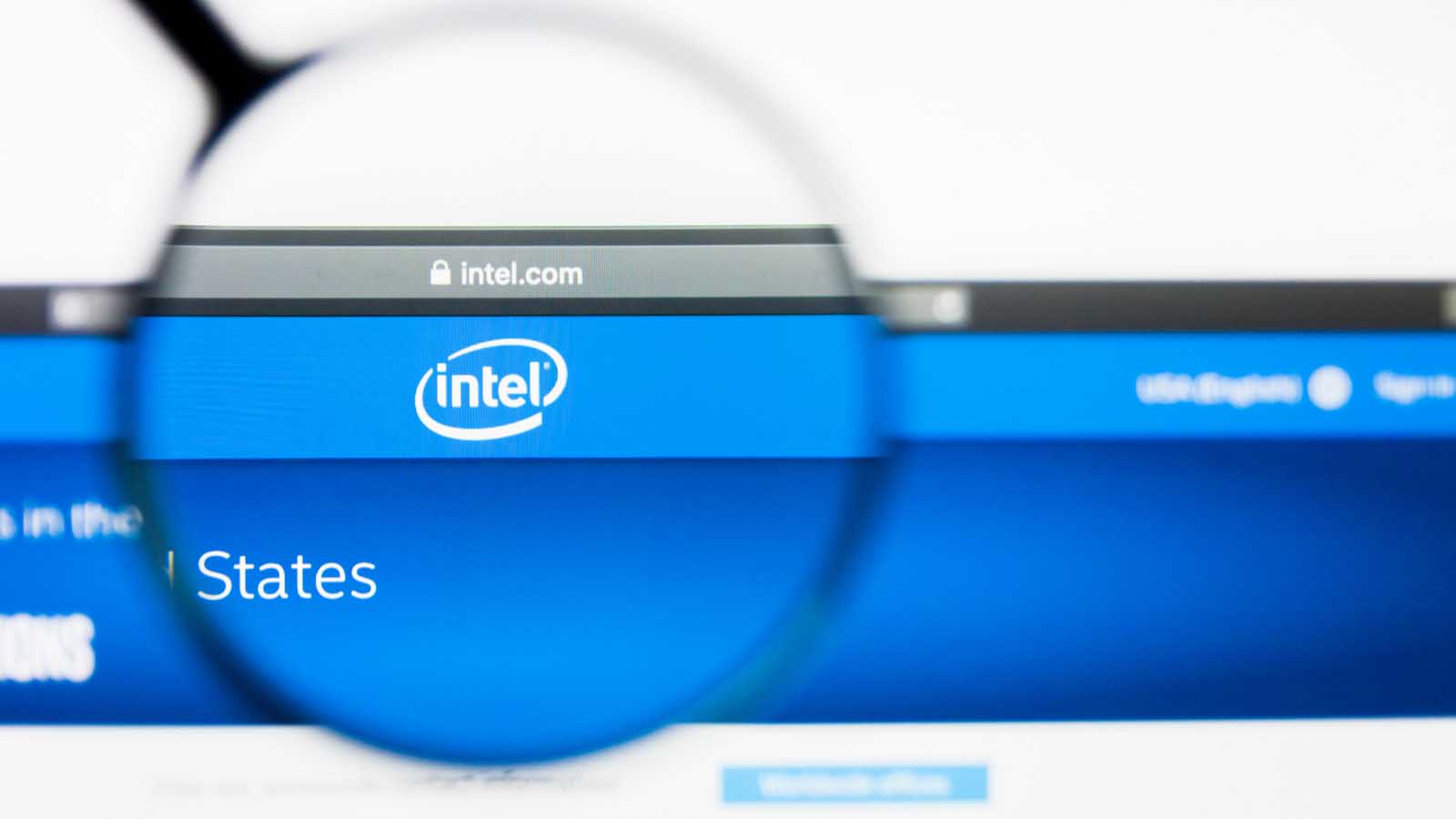In my article last week on Intel (NASDAQ:INTC), I said that INTC stock looked like a good buy considering its dividend yield.

My Dec. 13 article, “Intel Could be Worth 20% More If it Raises the Dividend by 5%,” showed that INTC stock is cheap. For example, compared to its historic dividend yield of 2.40%, the stock’s current yield of 2.75% makes it cheaper than the historical yield. In this case, the lower the yield, the higher INTC stock can rise.
For example, right now Intel pays an annual dividend of $1.39 per share. If we divide that number by its historical yield of 2.40%, we get a target price of $57.92 per share. That price is almost 14% higher than today’s price (Dec. 16) of $50.83 per share.
Moreover, I argued that since Intel is likely to raise the quarterly dividend in January 2022, the new target price should be even higher.
For example, a 5% dividend hike to $1.46, divided by 2.40%, the new target price will be $60.83 per share. That is 19.7% over today’s price.
Using Other Historical Metrics
Just to underline that this stock is well below its historic norms, I have decided to take the same comparative approach using other metrics. Let’s start with the historical price-to-sales (P/S) ratio.
For example, Morningstar shows that over the past 5 years the average INTC stock P/S multiple has been 3.23 times. Remember that, on its own, this number simply means that half the time the P/S ratio has been over this multiple and half of the time it has been lower. We don’t know how long on each side, nor the variance. It just means that the mean market cap has been 3.23 times its sales.
Let’s compare that with the estimate for next year. Analysts forecast sales of $73.72 billion for 2021 and $73.54 billion for 2022. Given that Intel’s market cap of $202.1 billion, this puts its P/S multiple at 2.74 times for 2021 and 2.75 times for 2022.
Therefore, if INTC stock were to rise to a point where it hit its historic norm of 3.23 times sales, that would imply an upside of 17.7% for the stock. This is seen by dividing 3.23 into 2.745 (the midpoint P/S multiple for 2021 and 2022).
This implies INTC stock is worth 17.7% more, or 1.177 times $50.83, or $59.83 per share.
This underscores the result we reached with the historic dividend yield model. We can also look at the multiples from a price-to-cash flow (P/CF)standpoint as well. That metric is a little bit more complicated.
Using Price-to-Cash Flow Model to Value Intel
Morningstar’s valuation tab on Intel indicates that its 5-year historical P/CF multiple has been 7.94 times. We can use that to compare with the existing P/CF multiple for INTC stock.
On Oct. 21 Intel released its earnings for the 9 months ended Sept. 25. Page 9 of that release shows operating cash flow for the 9 months of $24.194 billion. Since sales for the 9 months were $58.496 billion, its cash flow margin was 41.36%.
Using the $73.54 billion sales forecast for 2022, and applying the 41.36% cash flow margin leads to a cash flow estimate of $30.416 billion.
Given that Intel has a market cap of $202.1 billion, the puts INTC stock on a P/CF multiple of just 6.64 times (i.e., $202.1b/$30.4b). This implies that Intel stock sells well below its historic average P/CF multiple of 7.94 times.
For example, if it were to rise to its historic average, the implied upside would be 19.6% higher. This is seen by dividing the 7.94 P/CF ratio by 6.64x.
Bottom Line: What INTC Stock is Worth
So using the price-to-sales model, INTC stock is worth 17.7% more, while using the P/CF model implies a 19.6% upside. And using the historic yield model gives us a 19.7% higher stock price.
The average of all three of these models is a potential gain of 19.0%. That represents a price of $60.49 per share, compared with today’s price of $50.83 per share. This is a very good return for most investors.
Keep in mind that there is no reason why INTC stock couldn’t keep falling and get cheaper relative to its historic norms. However, in the long run, its historic price-to-value metrics tend to act as a tether for a stock. Eventually, the price tends to spring back closer to the average. If that happens within the next year, expect to earn a decent ROI investing in INTC stock.
On the date of publication, Mark Hake did not hold (either directly or indirectly) any positions in the securities mentioned in this article. The opinions expressed in this article are those of the writer, subject to the InvestorPlace.com Publishing Guidelines.
Mark Hake writes about personal finance at mrhake.medium.com and Newsbreak.com and runs the Total Yield Value Guide which you can review here.
